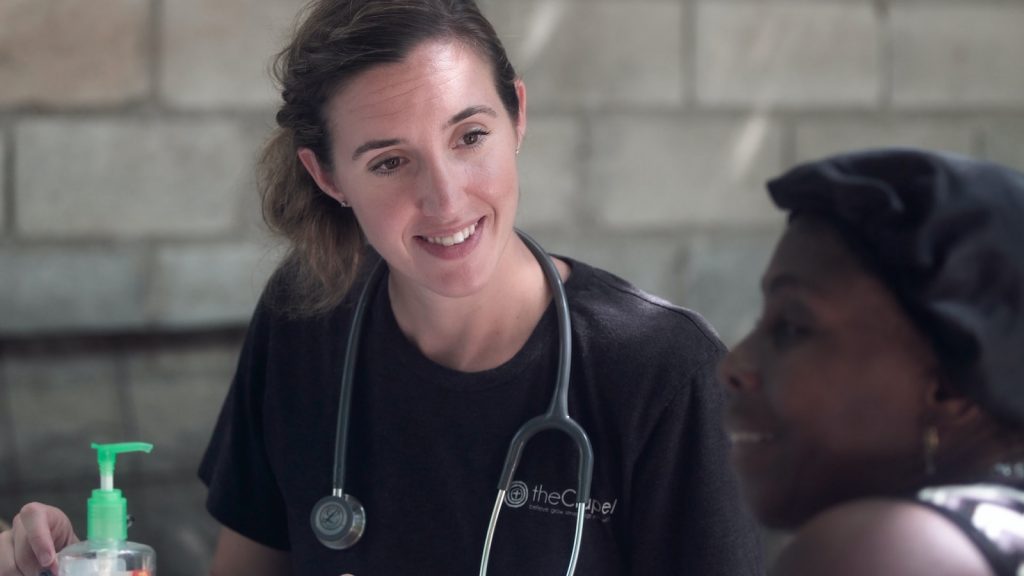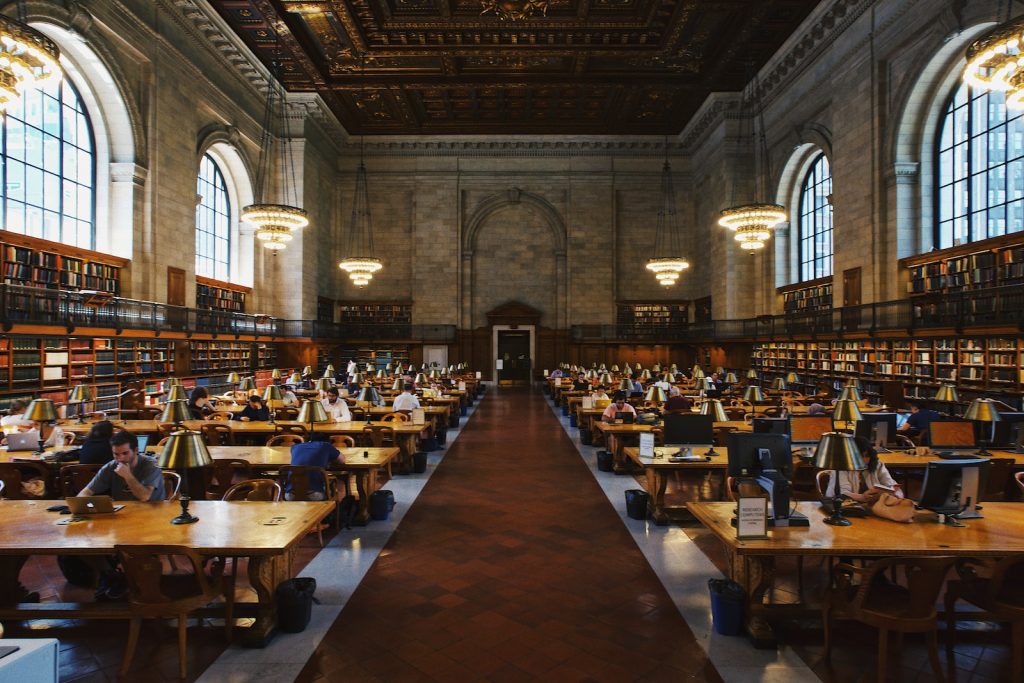Schooling is a major decision in every family’s life, and it is crucial to consider all angles before choosing the right educational path. Today, we’re here to dissect the age-old debate of Private vs. Public Schools: The Pros and Cons.
What’s the Difference?
Before we dive into the benefits and drawbacks, it’s essential to understand what separates private from public schools. Public schools are funded and run by government bodies, typically at the local, state, or national level. Conversely, private schools are independently run and funded through tuition fees, donations, or sponsorships.
Pros of Private Schools
Customized Learning
One of the shining attributes of private schools is the tailored approach to learning. They often have smaller class sizes, allowing teachers to provide more individual attention to students and customize their teaching methods accordingly.
Extracurricular Opportunities
Private schools frequently offer a wealth of extracurricular activities. From sports to arts and everything in between, these programs can enrich a student’s education and personal growth.
Academic Excellence
Private schools tend to have a reputation for high academic standards. Rigorous curriculums, a broad range of AP classes, and a strong focus on college preparation are often hallmarks of private education.
Cons of Private Schools
High Cost
The most glaring downside of private education is the cost. Tuition fees can be exorbitant, making it inaccessible for many families.
Less Diversity
Private schools often lack the cultural and socioeconomic diversity found in public schools. This can limit students’ exposure to different perspectives and experiences.
Pros of Public Schools
Accessibility and Affordability
Public schools, being state-funded, are accessible to everyone and come at no direct cost to the parents. This affordability democratizes education, making it available to all children, irrespective of their family’s financial standing.
Diversity
Public schools are melting pots of diverse cultures, backgrounds, and ideas. Such exposure can prepare students for the multicultural world we live in, promoting tolerance and empathy.
Qualified Teachers
Public school teachers are usually state-certified or have even higher qualifications. This ensures a certain standard of teaching across the board.
Cons of Public Schools
Overcrowded Classrooms
Public schools can often be plagued by overcrowded classrooms. With a high student-to-teacher ratio, individual attention might be compromised.
Limited Resources
Due to budget constraints, public schools may lack some of the resources and facilities offered by private schools.
Finding the Middle Ground
Choosing between private and public education is a multifaceted decision, and what works for one family may not work for another. It is crucial to remember that a child’s success is not solely determined by the type of school they attend, but rather a combination of their environment, effort, and support system.
Conclusion
In the debate of Private vs. Public Schools: The Pros and Cons, the winner is not clear-cut. Each has its unique strengths and shortcomings, shaped by numerous factors such as cost, diversity, resources, and academic expectations. It’s up to each family to weigh these elements and decide what’s best for their child’s education.
FAQs
- Are private schools always better than public schools? No, the quality of education can vary greatly in both private and public schools. The “better” choice depends on a family’s specific needs and resources.
- Do private schools have better student outcomes? Although private schools often boast high academic achievement, the key to student success lies in a combination of supportive environment, individual effort, and parental involvement.
- Do public schools offer the same extracurricular activities as private schools? While resources can vary, many public schools offer a range of extracurricular activities. However, private schools may have a wider variety due to larger budgets.
- Does attending a private school increase my chances of getting into a good college? College acceptance depends on multiple factors, including grades, extracurricular activities, recommendations, and essays. While private schools often offer rigorous academics and college prep, these are not exclusive to private education.
- Do public schools have the same level of parent involvement as private schools? Parental involvement is more about individual families than the type of school. Both public and private schools usually encourage and appreciate parental engagement.




